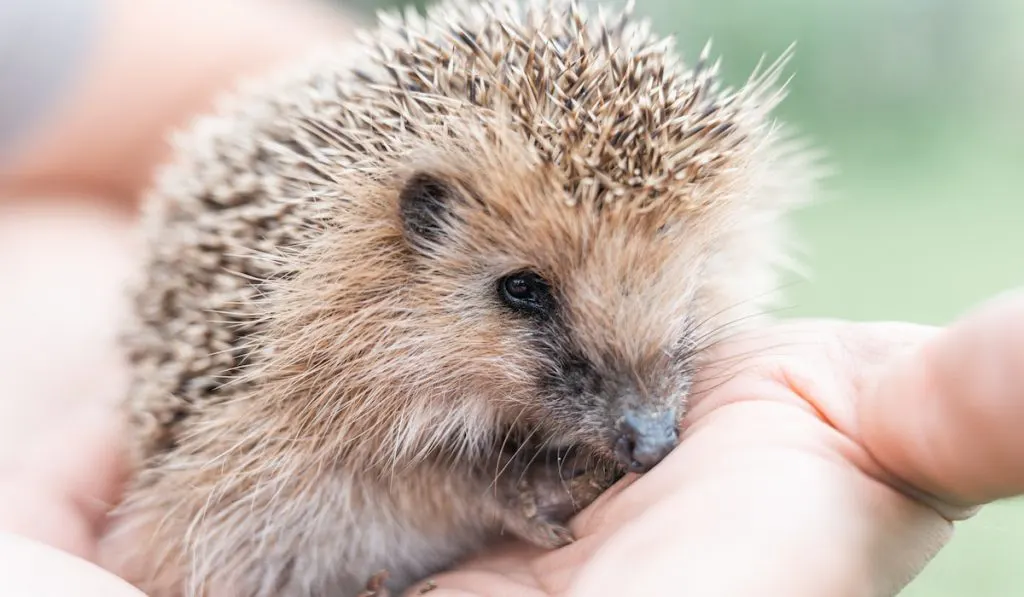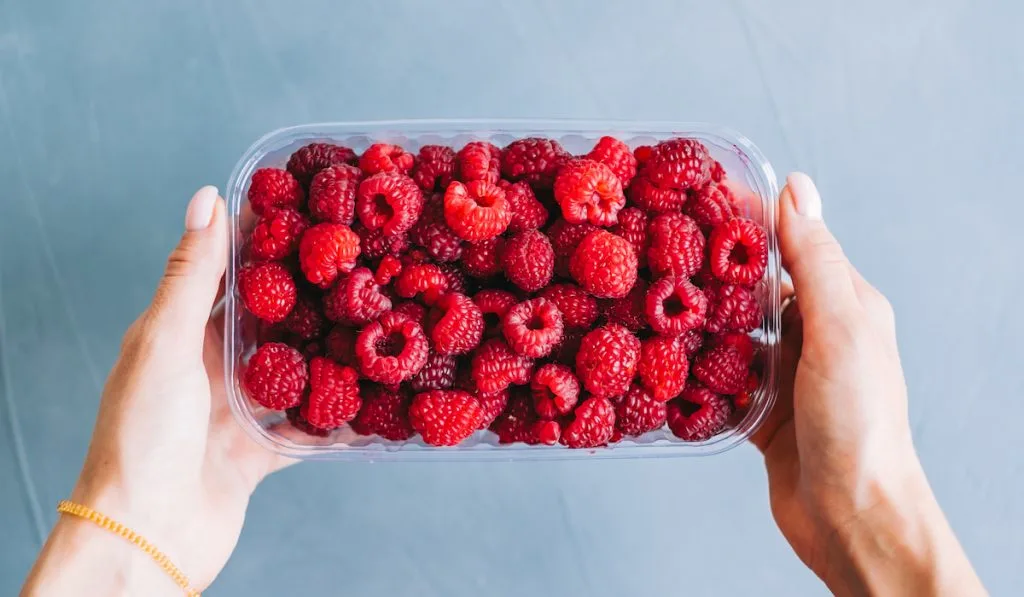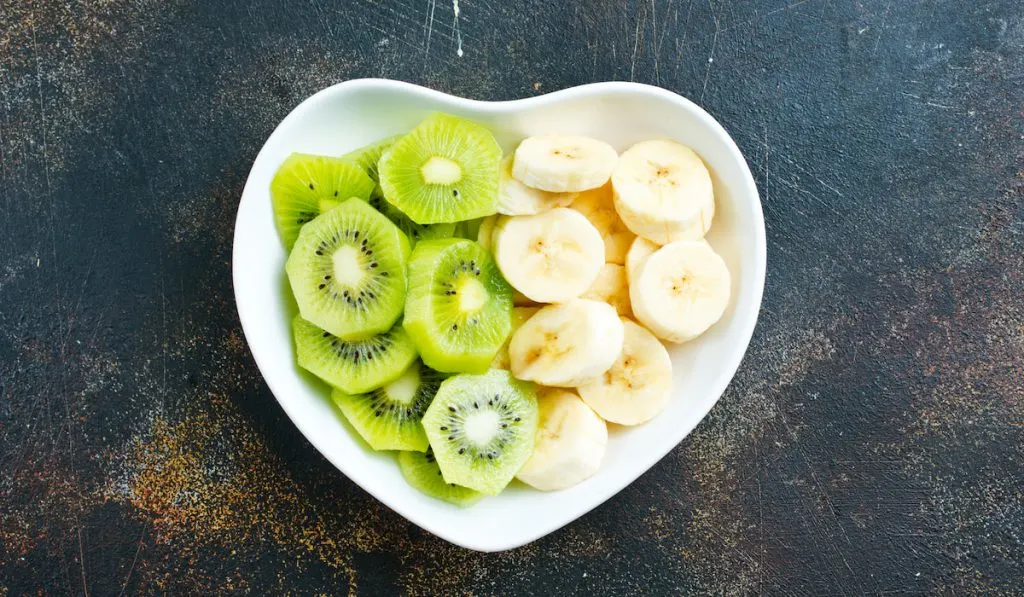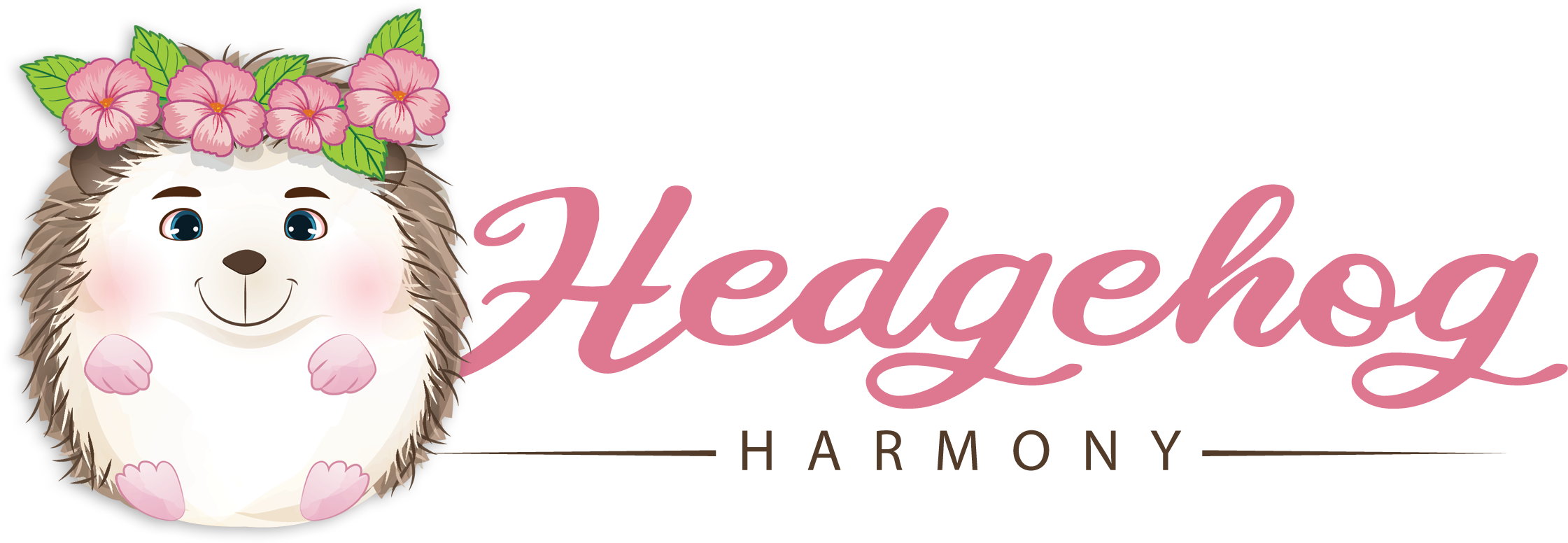Hedgehogs are adorable little animals, quite unique in their appearance as well as the care they require.
Since they are insectivores, they require some nutrients that can’t be found in other pet foods. That’s exactly why there is a mixture specifically intended for these small creatures, made to meet their nutritive needs.

However, there are always some additional things you can feed them.
Today we’ll check what these animals eat naturally, along with a couple of other treats you can occasionally give them – like, for example, raspberries. Let’s get going then!
What Do Hedgehogs Usually Consume And How Do They Hunt?
Hedgehogs are nocturnal animals, which means they are mostly active during the night.
Even though their eyes are adjusted to their nocturnal lifestyle, they still have pretty poor vision. That’s exactly why they mostly rely on their good hearing and sense of smell when hunting.
Hedgehogs don’t have giant ears, but they are still able to catch plenty of sounds coming from their surroundings. Their hearing and an excellent sense of smell are ways they differentiate prey from a potential predator.
When the hedgehog hears something that might be interesting, it will stand still to catch the noise better.
When walking, they can hear their spines rustling, so by standing still they’re eliminating that and additional background noise to check what’s really surrounding them.
These little fellas hunt by snuffling through the undergrowth, using their strongest senses—hearing and smell. They are rather opportunistic eaters, which means they’ll eat lots of things they find on their way.
For instance, the eggs of some ground-nesting birds, slugs, beetles, caterpillars, earthworms, earwigs, and millipedes are some things they like to consume. Invertebrates or insects make up their primary natural food source.

What About Fruits?
When in the wild, hedgehogs eat fallen fruits, too. However, fruits available in the supermarkets are not of the same quality as the wild ones you can find in the woods.
To be precise, cultivated fruits mostly consist of sugars and water, which is not the best combination to feed your hedgehog too often.
What you want is to maintain a diverse and highly nutritive diet to keep your hedgie strong and healthy. With this in mind, it would be best for the fruits to remain as an occasional treat rather than a basic part of their daily diet.
So, Can Hedgehogs Eat Raspberries?
Sure, you can enrich your hedgie’s diet with some raspberries.
However, fruit in general is not the main source of nutrients for this animal, so you might consider keeping it as an occasional treat. Raspberries are a pretty good source of vitamins, minerals, antioxidants, and fiber.
Antioxidants are great for boosting immunity as well as protecting the body from free radicals—elements that damage body cells. Fiber, on the other hand, comes in handy for better digestion. With this in mind, raspberries are truly a beneficial treat.
However, they mostly consist of carbs and water. Almost half of the carbs in there are actually sugars and you don’t want your hedgehog to eat that in larger amounts.
Raspberries can’t be a replacement for your hedgehog’s primary diet, but they can come as a tasty, refreshing snack they can enjoy from time to time.
All in all, as long as you feed your pet with raspberries in moderate amounts, it’s fine.
What Other Fruits You Can Occasionally Give To Your Hedgehog?
Your hedgie may also like figs, papaya, cantaloupe, honeydew, plums, nectarines, pears, kiwis, bananas, apples, watermelon, cherries, peaches, avocado, and mango.
Avoid giving them limes, raisins, applesauce (it depends on the species and the situation, but in most cases no), lemon, grapes, watermelon rind, and pineapple.
Also, these little animals shouldn’t eat any type of dried fruit. It’s more difficult for them to chew dried fruits, plus, it can get stuck in the animal’s throat.

Some Final Words
Hedgehogs are wild animals that have natural instincts for going after their primary source of nutrients.
In their case, those are mostly insects and invertebrates. If you keep the animal in the garden, it will find what it needs there – and even if not, remember to meet these primary nutritive needs first.
All other things, such as fruits come as an additional snack, the same as we like to have after the main dish.
However, fruits from supermarkets are different from those wild hedgehogs find in the forest, which is why you should definitely keep them to moderate amounts.
The same thing is with raspberries, too. They are a great little snack but also filled with mostly carbs and water.
So yes, you can feed your hedgie raspberries, but just use them as an occasional treat your pet can enjoy from time to time. Keep in mind it’s not a replacement for hedgehog’s primary diet.
